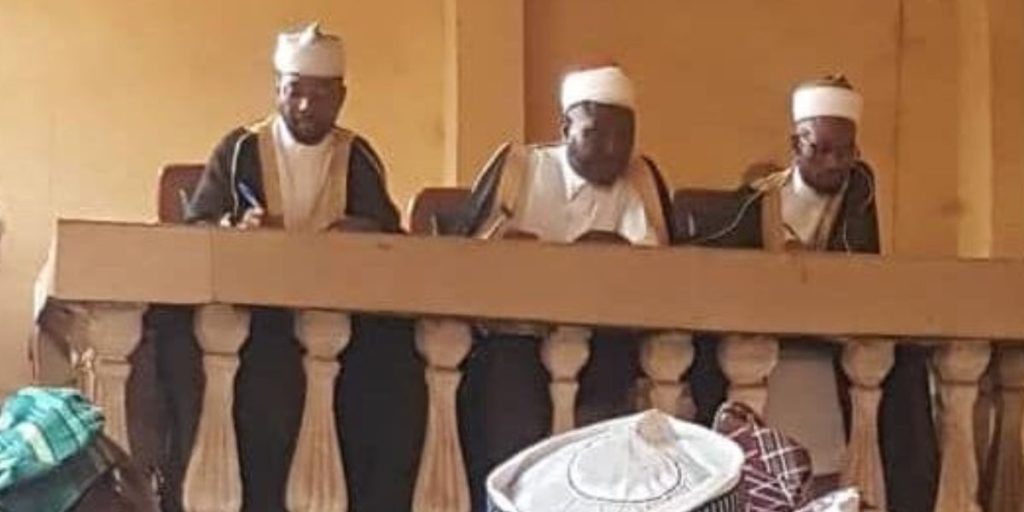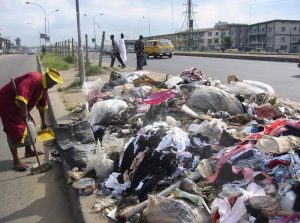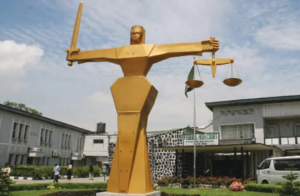
The Independent Shari’ah Arbitration Panel in Ekiti State has held its first public sitting at the Oja Oba Central Mosque, Ado-Ekiti, focusing on marriage-related disputes. The sitting, which took place last Thursday, was confirmed by residents and Professor Ishaq Akintola, the Executive Director of the Muslim Rights Concern (MURIC).
The panel, led by Imam Abdullahi Abdul-Mutolib, Imam Abdulraheem Junaid-Bamigbola, and Dr. Ibrahim Aminullahi-Ogunrinde, handled two cases. In the first, a marriage dispute was resolved through a consent judgment after earlier family interventions. However, the second case, in which a woman accused her husband of neglecting his marital responsibilities, was adjourned until January 30 for further investigations.
The establishment of the panel has sparked controversy, with opposition from various groups, including Afenifere’s UK and Europe branch. The group rejected the idea of introducing Sharia law in the South-West, warning that such moves could divide the Yoruba people along religious lines. They emphasized that the region, unlike the North, has a multi-religious and cosmopolitan identity.
In response to concerns, Prof. Ishaq Akintola of MURIC clarified that Shariah panels exist in all six South-West states (Lagos, Oyo, Ogun, Osun, Ondo, and Ekiti) but lack enforcement powers. He described them as voluntary arbitration bodies, comparing them to church committees that settle disputes internally.
“People are spreading blatant lies. The Shariah panels only handle civil matters like marriage and inheritance; they have no power to enforce rulings or impose punishments,” Akintola stated in an interview.
He further emphasized that no one is forced to appear before the panel, and decisions made are based on mutual agreement.
The controversy highlights the delicate balance between religious arbitration and Nigeria’s secular legal system. While supporters view the panels as a means of resolving personal disputes within the Muslim community, critics fear they could be a stepping stone towards broader Sharia law implementation in the region.
The situation remains a hot topic of debate, with further reactions expected as the Shariah panel continues its hearings.








